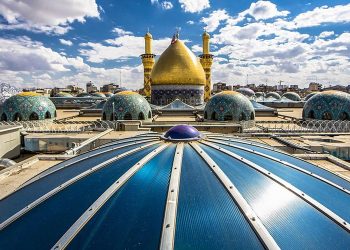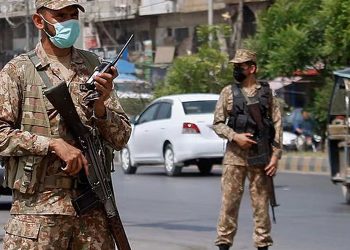Benazir Bhutto, a pivotal figure in Pakistani politics, is renowned for her groundbreaking achievements and tumultuous life. As the first woman to lead a Muslim-majority country, her story is one of resilience, courage, and political transformation.
Early Life and Education:
Benazir Bhutto was born on June 21, 1953, in Karachi, Pakistan, to an influential political family. She was the daughter of Zulfikar Ali Bhutto, the founder of Pakistan People’s Party (PPP) and the country’s former Prime Minister. Benazir’s early life was shaped by privilege, but also by the deep political engagement of her family. Her father’s prominence in politics and his eventual downfall in a military coup marked significant turning points in her life.
Benazir Bhutto was educated at some of the most prestigious institutions globally. She attended the prestigious Harvard University in the United States, where she studied political science at the undergraduate level. Following that, she pursued her postgraduate studies at Oxford University in the UK, where she earned a degree in Philosophy, Politics, and Economics (PPE). During her time at Oxford, she became the president of the Oxford University Pakistan Society, a role that laid the groundwork for her future political career. Her education exposed her to political ideologies and governance models, which would later influence her leadership style.
First Female Prime Minister in the Muslim World
Benazir Bhutto made history in 1988 by becoming the first woman to lead a democratic government in a Muslim-majority country. Her election as Prime Minister of Pakistan marked a significant milestone for women’s political representation globally. At a time when female leaders were scarce, Bhutto broke through societal and cultural barriers to rise to the highest political office in the country. Her leadership not only showcased her political prowess but also made her a symbol of empowerment for women in the Muslim world.
Youngest Prime Minister
At the age of 35, Bhutto was one of the youngest leaders to assume the office of Prime Minister. This achievement not only underscored her political acumen but also set a precedent for young women in leadership roles, particularly in conservative societies where female leadership was often met with skepticism. Her tenure proved that age and gender were not barriers to effective governance and leadership.
Advocate for Women’s Empowerment
Throughout her political career, Benazir Bhutto was a staunch advocate for women’s rights and empowerment. During her time in office, she introduced several key reforms to improve women’s status in Pakistan. She founded the First Women Bank, aimed at providing financial services to women entrepreneurs, and made strides in the integration of women into the workforce, including the induction of female pilots into Pakistan International Airlines (PIA). Bhutto was also an ardent supporter of women’s political representation, ensuring that women had a substantial presence in legislative assemblies. Her policies laid the groundwork for future generations of women in politics.
Political Exile and Return
Benazir Bhutto’s political career was far from smooth. After facing corruption charges, she was imprisoned and sent into exile for nearly a decade. However, her political journey didn’t end there. In 2007, Bhutto returned to Pakistan after years of exile, determined to lead her party in the upcoming general elections. Despite facing immense political and personal challenges, including threats to her life, she made a strong comeback, demonstrating her resilience and unwavering commitment to democracy. Her return was a momentous occasion, signifying the strength of her belief in the democratic process, even in the face of adversity.
Tragic Assassination
On December 27, 2007, Benazir Bhutto’s life was tragically cut short during an election rally in Rawalpindi, Pakistan. She was assassinated by a gunman in a horrific attack that also involved a suicide bombing. This shocking event not only sent waves of grief through Pakistan but also drew international condemnation, highlighting the risks faced by political leaders in volatile regions. Benazir Bhutto’s assassination was a painful blow to Pakistan’s democratic movement. Her death is commemorated by many as a martyrdom for democracy, earning her the title “Shaheed-e-Jamhuriat” (Martyr of Democracy).
Legacy
Benazir Bhutto’s legacy is a powerful one, and it continues to resonate in Pakistan and beyond. As a trailblazer for women in politics, she broke barriers and inspired countless individuals striving for equality and political participation. Her political vision, although often challenged by corruption charges and political opposition, still shapes Pakistan’s political discourse today. Bhutto’s story is one of triumph, struggle, and sacrifice, and her legacy endures as an enduring symbol of hope and determination in the pursuit of democratic ideals.
Benazir Bhutto’s life, marked by significant milestones and heartbreaking tragedy, remains an important chapter in the history of Pakistan. Her contributions to women’s empowerment, democracy, and politics continue to inspire future generations of leaders who are determined to follow in her footsteps and work for a more inclusive and equal world.




































